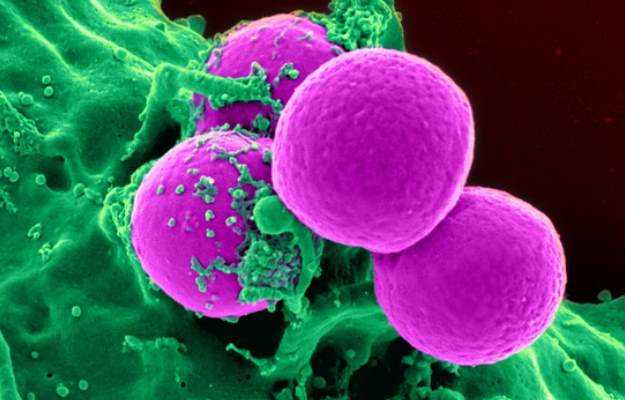Our body has different systems for different functions: we have the respiratory system for breathing and the digestive system for the metabolism of food. Similarly, we have the lymphatic system for the maintenance of the lymph.
Lymph, also called the lymphatic fluid, is a clear watery fluid that travels through the arteries and circulates through the tissues to clean them before draining through the lymphatic system. Lymph fluid carries oxygen and other nutrients to the cells and takes away waste products like carbon dioxide out of the cells. Lymph also contains white blood cells, which help fight infections.
The lymphatic system of the body consists of the lymph and lymphatic vessels. The lymphatic vessels collect and carry lymph throughout the body. If the lymph vessels are not drained properly, it can lead to swelling in the lymph nodes.
Lymph nodes are small pea-sized or bean-sized glands that help in filtering the lymph. These nodes also store white blood cells. Lymph nodes are located throughout the body, some of the common areas where they are present are:
- Armpits (axial lymph nodes)
- Under the jaw (submandibular)
- On each side of the neck
- On each side of the groin
- Above the collarbone (Supraclavicular)
Whenever any bacteria, virus or any abnormal cells passes through the lymph channels, they are stopped at the node where the white blood cells kill them. This fight results in the collection of debris—comprising dead bacteria and dead or diseased cells—which can lead to swelling of the lymph nodes.
Swelling in the lymph nodes is medically called lymphadenopathy which is quite commonly seen whenever there is an infection in the body. The swelling in these lymph nodes is one of the body’s natural reactions to any illness or infection. The swollen glands act like filters which help in getting rid of the abnormal cells or other foreign matter that passes through the lymph fluid.
This condition usually resolves on its own, but sometimes it may require antibiotics or antiviral medication. If the swelling in the lymph nodes is due to any underlying disease, the doctor will have to treat the disease to reduce the swelling.

 Doctors for Swollen Lymph Nodes
Doctors for Swollen Lymph Nodes  OTC Medicines for Swollen Lymph Nodes
OTC Medicines for Swollen Lymph Nodes





































